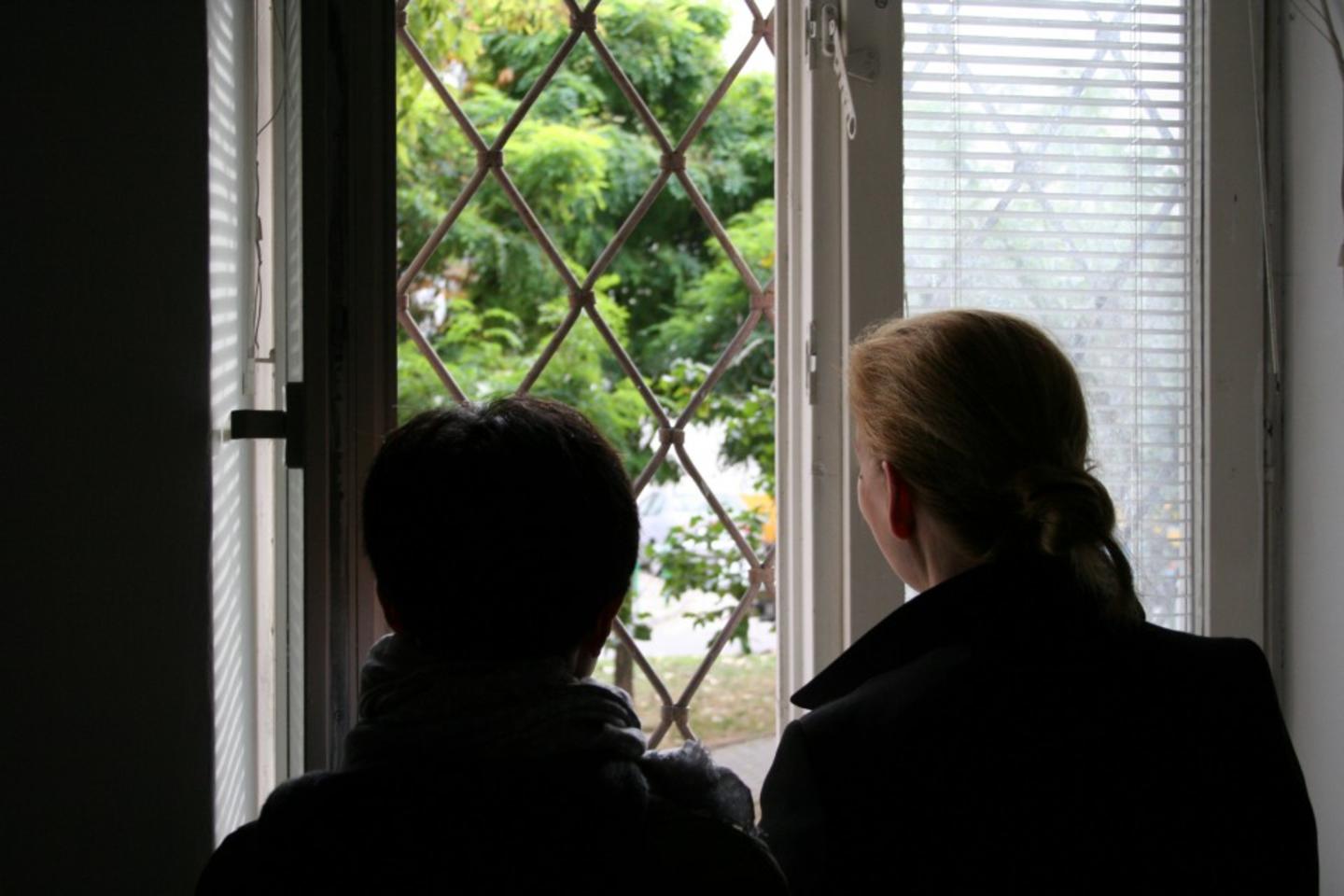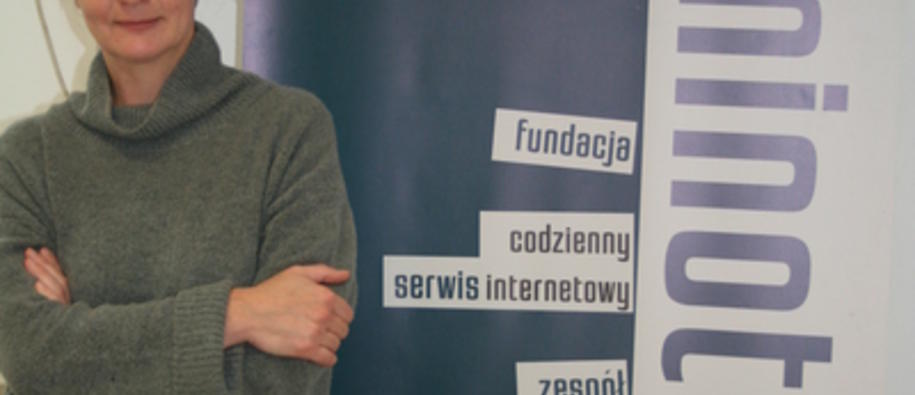According to a survey on violence against women conducted by the European Union Agency for Fundamental Rights (FRA), 19 % of all Polish women have experienced physical and/or sexual violence since the age of 15. This is below the EU average of 33 %, but Joanna Piotrowska, Head of the Feminoteka Foundation, believes the real figure is much higher:
“I am afraid that this is a result of underreporting. Violence against women is still taboo in large section of society. Many are too ashamed to report it because they feel that the emotional and financial costs of prosecuting the abuser are too high.”
Piotrowska acknowledges that the service provision has improved in some fields, but maintains that overall, the support system is not good enough:
“We still see examples of both the police and social and health workers not being able to understand what the victims are going through. Some of them are even blaming the victims.”
Women speaking up
Through the Polish NGO fund, the Feminoteka Foundation receives funding to improve services for victims. Two of these victims are Beata and Erica. Since May 2014 they have participated in support group sessions. These group sessions take place once a week and 12 women participate. Each group session lasts three hours and gives the women an opportunity to discuss both their individual experiences and common challenges. Two days weekend workshops where the participants receive self-defence classes and intense group counselling are organised four times during the project.
“I have been looking for a support group for some time. I do not want to stay in silence anymore, I want to speak up,” says Erica.
Beata agrees:
“What we have been going through is very difficult and painful. It helps to talk about it. All victims should have a safe place to go to where they can get support.”
A helpline for abuse victims is operated by three trained professionals and is open three days per week, between one and seven pm. The helpline offers psychological support and information on how to access social services. A psychiatrist, lawyer and a public relations officer are also employed through the project.
Opposing stereotypes
The project is also focusing on reaching out to professionals working with victims as well as the general public – especially teenage boys and girls. A booklet with basic information for victims is being prepared. Three workshops are organised to train police, social and health workers to better understand the needs of victims. Ten workshops in self-defence and assertiveness are organised for girls aged between 13 and 18. According to Piotrowska, many parents and teachers are opposed to the idea of the Feminoteka Foundation organising workshops at schools:
“The stereotypical mind-set where ‘men should work and women should stay at home and take care of the family’ is still prevalent. This mentality makes it difficult to speak openly to teenage boys and girls about subjects like sexual harassment, rape and gender equality.”
Exchanging experiences
In April this year three representatives from the Feminoteka Foundation went to visit their project partner ‘Women for Women under the Norwegian Women’s Public Health Association’ (N.K.S.). Later this year N.K.S. will come to Warsaw. Piotrowska praises the cooperation:
“In Norway, we visited women shelters and got insight into how the Norwegian system for abuse victims works. It was particularly interesting to see the system for reaching out to women in smaller, more remote places.”
About the project
The project receives €87 000 from Iceland, Liechtenstein and Norway through the NGO fund in Poland.
The project started March 2014 and will end June 2015.

